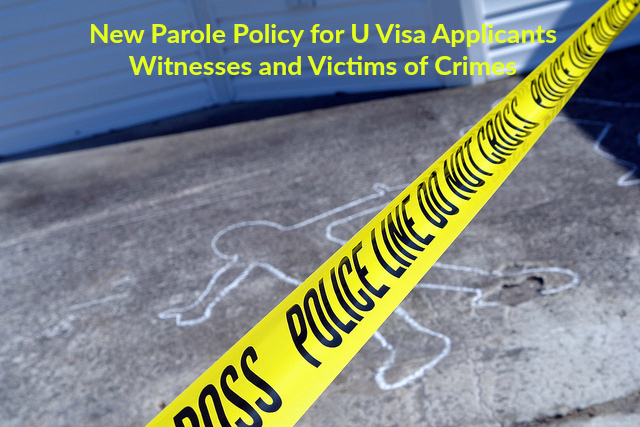If you have been waiting for U.S. Citizenship and Immigration Services to reopen in-person appointments, then this topic may interest you.
Recently, USCIS announced the launch of a new procedure to request an in-person appointment at a local USCIS field office by completing an online form. This form may be used by individuals, attorneys, and accredited representatives without the need to call the USCIS Contact Center.
The online appointment request form is currently available for use on the USCIS webpage and allows for in-person appointment requests at local field offices, only for ADIT stamps, Emergency Advance Parole (EAP), Immigration Judge Grants, Afghan Special Immigrant CPR Status, Certified Copies of Naturalization Certificate, Deferred Action, T, U, and VAWA Inquiries, I-94 Cuban Paroles and Re-Paroles, Lost Immigration Visa Packets, and more.
For more information about ADIT stamps, Emergency Advance Parole, and Immigration Judge Grants, etc. click here.
The online request system does not support self-scheduling, but individuals are allowed to request a specific date and time for an in-person appointment when making an online request. However, please keep in mind that USCIS cannot guarantee that the requested appointment date will be scheduled.
Once an online appointment request has been made, the USCIS Contact Center will review submissions along with the availability of in-person appointments at a specific field office. USCIS will then confirm and schedule the individual for an available in-person appointment date and time.
 Visa Lawyer Blog
Visa Lawyer Blog








